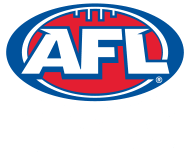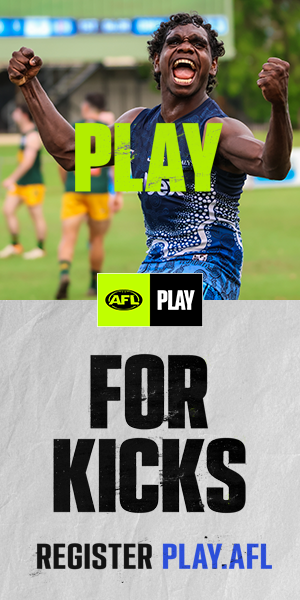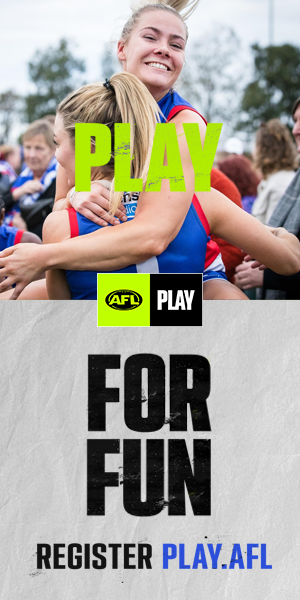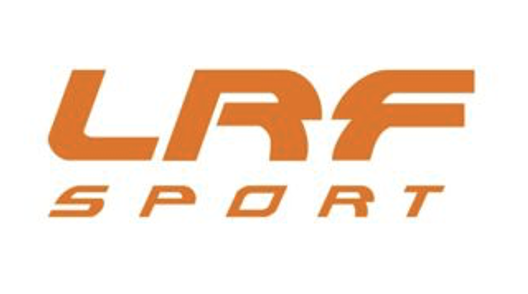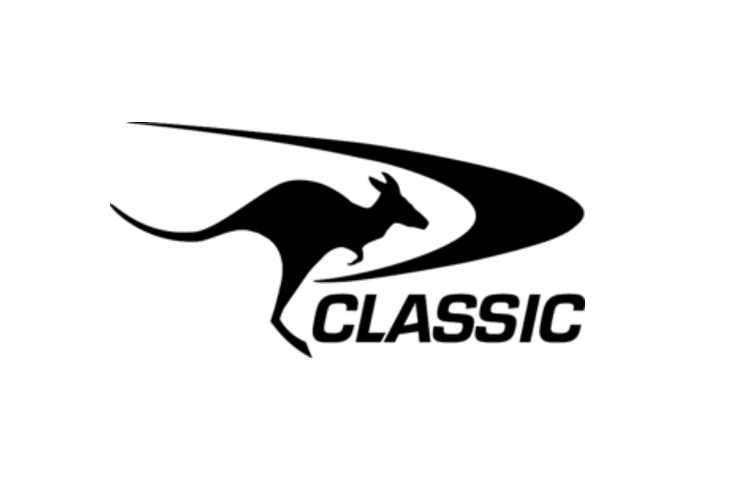The AFL audience world-wide held its collective breath shortly after 5pm on Saturday 28 September 2018 as West Coast’s Dom Sheed stood 25m from goal on the boundary line at the MCG with the result of the AFL Grand Final on his left boot. But few more than Daniel Pratt.
It was inside the last two minutes. The Eagles were two points down. A straight kick and they win. A miss and it’s the Pies. Pratt, a member of the Eagles coaching staff, looked on from the coaches box on centre wing. “We were on a bad angle so instead of watching the kick I watched the Eagles fans behind the goals. When they went up I knew he’d kicked it,” he recalled.
It didn’t look like missing. In his 78th AFL game 23-year-old Sheed slotted his 31st goal. There was time for an Eagles rushed behind as they locked the ball in their forward half but nothing more. They won 11-13 (79) to 11-8 (74) and 35-year-old Pratt, who had been in AFL football more than half his life, had the premiership he’d yearned for.
It was the golden moment in the career of a Sydney-born, Brisbane-bred boy who has ridden the AFL roller-coaster to its highest and lowest from the moment he was drafted as a ‘bottom-ager’ by North Melbourne with pick #42 in the 2000 National Draft.
Bottom ager? It’s a term wiped from the AFL rules. These days it’s simple – to be eligible to be drafted a player must have turned 18 by 31 December in his draft year to ensure he can finish school. But in 2000 a player born before 30 June the following year could be drafted. This effectively lowered the minimum draft age to 17 years six months. That was Pratt, who was born 21 March 1983.
The Aspley junior had played for the Queensland Under 18 side as a ‘bottom ager’ in 2000. He was five months younger than Nick Riewoldt, who went to St.Kilda at #1, and 14 months younger than other draftees. And as it turned out, too young.
“I wasn’t ready and didn’t handle it very well. Leaving home at that age from a non-football state I didn’t get it right. And I can’t help but think if it was the following year and I was 12 months older I may have been drafted higher and been better prepared,” he reflected.
He spent 2001-02 at North under Denis Pagan without playing a senior game and was delisted. He was picked up by Brisbane as a rookie but a serious hand injury mid-season cut short his 2003 campaign. He showed enough early in 2004 to be elevated to the senior list and played Rounds 9-10-13 but this was still a club at the top end. Premiers in 2001-02-03 and Grand Finalists in 2004. Games were hard to get. He was delisted again.
He was all set to play with South Adelaide in the SANFL in 2005 until he got a call out of the blue from North Melbourne recruiting boss Neville Stibberd. “It was such a shock I didn’t even believe it was him at first,” he said, having quickly packed up and headed back to Arden Street for pre-season.
There were no slips this time. Enjoying the different outlook of coach Dani Laidley, he played Round 1 2005, ironically against Pagan’s Carlton, and had the first of five consecutive wins. He was away. He was a regular when fit for six years, playing 17-18-25-21-14-13 games from 2005-10.
In a brilliant 2007 campaign he played every game, including a preliminary final, and finished third in the Syd Barker Medal behind AFL games record-holder Brent Harvey and captain Adam Simpson. An All-Australian nominee in 2008, he was 10th in the B&F in 2006 and ’08, and was in the North leadership group for five years.
“I loved my time at North. They had limited resources back then – we had to paint our own change rooms and fix the showers – but the relationships and the culture among the players, which was driven by the players, was outstanding. It’s the way it should be.
“Dani Laidley was a big supporter – drove me really hard but in the end I was proud to think I’d built up some trust. And Darren Crocker, who was the backline coach, he was great for me. Like most North blokes, I’ve still got a great relationship with him today.”
Finally, injury started to catch up with him in 2011 and he played his 119th and last game in Round 24 against Richmond at Docklands. He had 23 possessions in 98% game time in a 13-point win in what was also Brady Rawlings’ last game. A good finish.
Already he’d invested in life after football, having done some study, part-time coaching in the TAC Cup from as far back as 2006, and had even coached a cricket team before accepting a part-time development coaching role at Hawthorn in 2012. He played with their VFL affiliate club Box Hill as co-captain in 2012 and sole captain in 2013 before sadly missing the Grand Final through injury.
When Simpson, his long-time North captain, was appointed West Coast coach in 2014 after he looked set to win the Brisbane job Pratt was on the move again, beginning what has been a 10-year stint as far away from home as he could be.
He was a development coach in 2014, assistant-coach in charge of team defence and strategy in 2015-16, and backline coach in 2017-18-19. He started 2020 as stoppage and contest coach before Covid hit and half the staff were put off, adding extra responsibilities to his role. He returned in 2021 in a joint role as the Eagles’ WAFL coach and their AFLW coach – a chance to coach his own side and learn a different side of football – and has reverted to the backline coaching role through the tough times of 2022-23.
It’s been quite the roller-coaster since the 2018 Grand Final, when West Coast conceded the first five goals inside 22 minutes and then held Collingwood to six goals in the next 100 minutes. “It was an unbelievable year. (Captain) Shannon Hurn was a tremendous leader, culture was strong and confidence was high. Our experienced players were really smart and played really well, and we had some quality younger players.”
Finals appearances followed in 2019-20 before they finished ninth in 2021. And then trouble. Two wins in 2022 and a battle to avoid the wooden-spoon in 2023. “I’ll tell you next week if I’ve still got a job,” he quipped.
Living in Padbury north of Perth and only five minutes from the beach, it’s a lifestyle he enjoys with partner Rachael and daughters Amelia (3) and Ayla (1). And at 40 he insists he’s only young in coaching terms. “I definitely want to keep coaching, and while I know there are only 18 (senior) jobs I’ve definitely got higher aspirations. I’ve learned so much coaching both men and women.”
Indeed, it’s been a non-stop learning expedition from when he admits he was “a bit rogue”. To that end, he has dedicated his Hall of Fame induction to those who helped along the way.
Especially his mother Lynda, who he affectionally labelled ‘a one-eyed supporter,’ and father Graham, a long-time Zillmere powerbroker and part-time coach. Plus brother Aiden and sister Georgia. And a long list of coaches. From Dave Matthews, when Pratt captained the StSate Under-12 Schoolboys, to Alan Mangels, Robbie Dickfos, Andrew Cadzow, Mark Browning, Marty King and Craig Brittain in the Queensland League and Leigh Matthews, Laidley, Brad Scott and Pagan in the AFL who he all felt heavily impacted his playing career but now more importantly his coaching career. “And the entire 2000 Northern Eagles team who hardened me up, turning me from a boy to a man,” he added.
“I look back and I know I wasn’t always easy. As a player I probably don’t think I reached my full potential, but that’s helped make me the coach I am. I learned something from everyone along the way and I’m extremely grateful – but I am mostly grateful to my family who often were put second to me. This (the Hall of Fame) is more for them than me.”
